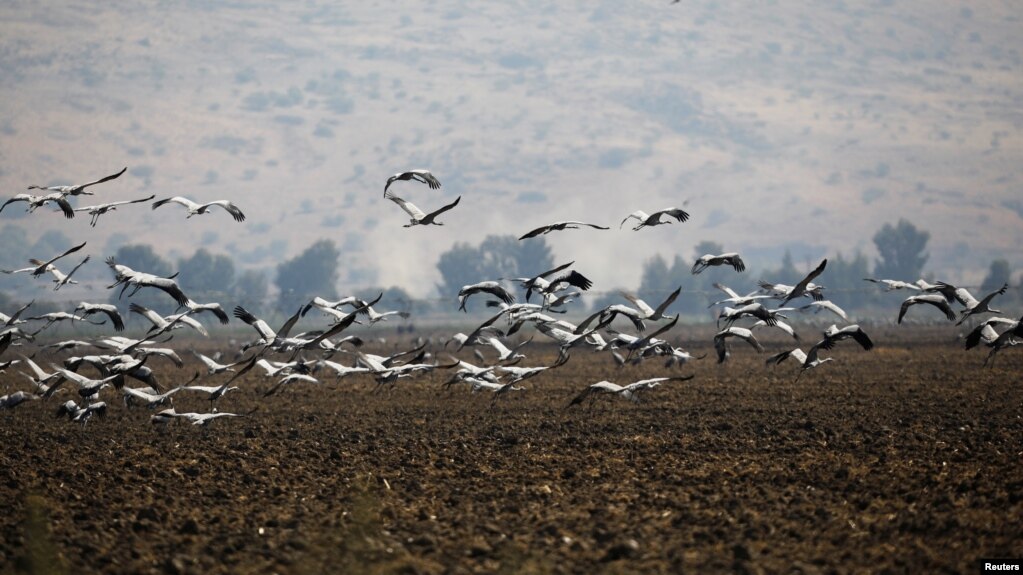Disir
Platinum Member
- Sep 30, 2011
- 28,003
- 9,610
- 910
For centuries, the land now called Jordan has been one of the world’s driest places. Today, the nation’s water supply is more constrained than ever: wells are running dry, groundwater is increasingly polluted and precious water leaks from old pipes. Waves of refugees are stretching resources even thinner: Jordan’s population has swelled from 5.9 million in 2006 to 9.5 million in 2016.
.....But not all technologies evolving in Jordan are new. In August, Hassan Fahad al-Rhaibeh, the mayor of the Jordanian town of Umm el-Jimal, was re-elected after pledging to restore reservoirs built by Arabs as early as ad 90. Winter rains and run-off from mountains in Syria — 10 kilometres to the north — once streamed through canals and into basalt-block reservoirs, which stored the water throughout parched summers. People maintained the system for 800 years, through the Roman, Byzantine and Islamic eras, until the town was abandoned around ad 900. Today, those living around the ruins rely almost entirely on deep wells drilled after 1990. They complain that the well water smells and tastes salty.
Mayor al-Rhaibeh recalls an evening in November 2015, after archaeologists and engineers had restored the first of the original reservoirs — a rectangular basin the size of four Olympic swimming pools. “About one hour before midnight,” he says, “water began streaming into the reservoir, and I stayed up late into the night to watch it.”
Jordan seeks to become an oasis of water-saving technology
While it will only provide 10% of what is needed, it's a good start.
.....But not all technologies evolving in Jordan are new. In August, Hassan Fahad al-Rhaibeh, the mayor of the Jordanian town of Umm el-Jimal, was re-elected after pledging to restore reservoirs built by Arabs as early as ad 90. Winter rains and run-off from mountains in Syria — 10 kilometres to the north — once streamed through canals and into basalt-block reservoirs, which stored the water throughout parched summers. People maintained the system for 800 years, through the Roman, Byzantine and Islamic eras, until the town was abandoned around ad 900. Today, those living around the ruins rely almost entirely on deep wells drilled after 1990. They complain that the well water smells and tastes salty.
Mayor al-Rhaibeh recalls an evening in November 2015, after archaeologists and engineers had restored the first of the original reservoirs — a rectangular basin the size of four Olympic swimming pools. “About one hour before midnight,” he says, “water began streaming into the reservoir, and I stayed up late into the night to watch it.”
Jordan seeks to become an oasis of water-saving technology
While it will only provide 10% of what is needed, it's a good start.

